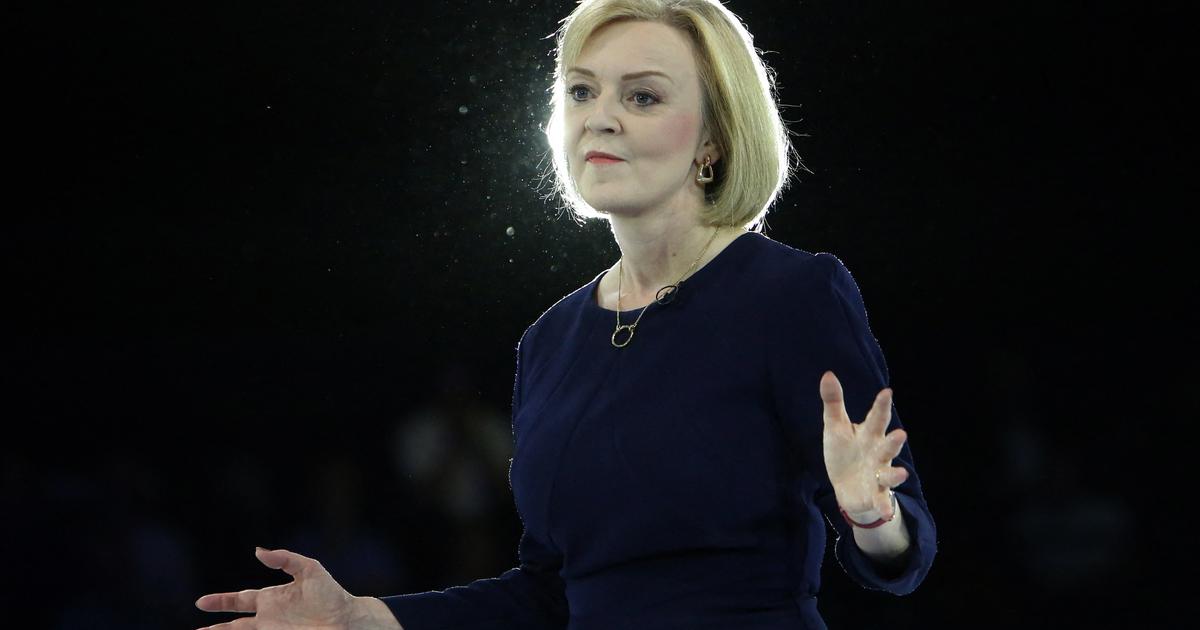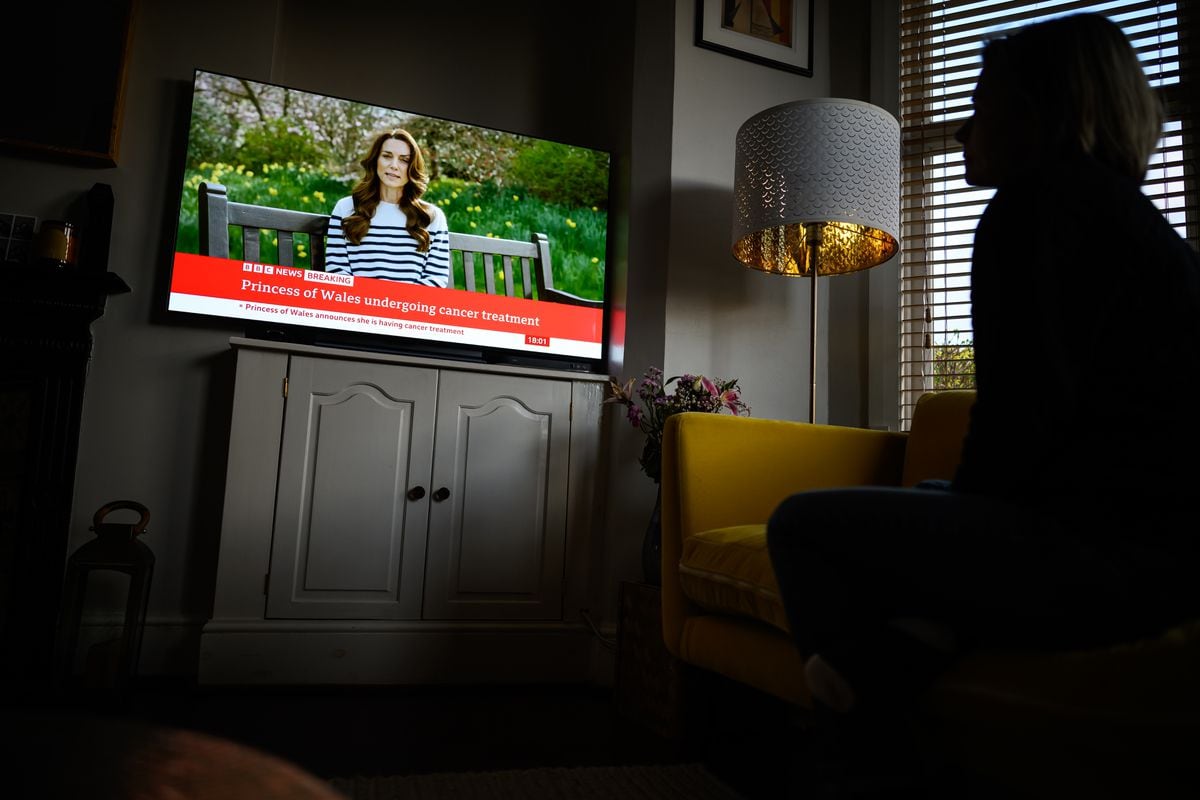Aurélien Antoine is a professor of public law at the law faculty of Jean-Monnet University in Saint-Étienne, and director of the Brexit Observatory. He is the author of “Le Brexit. An English story” (Dalloz, 2020), which won the Olivier-Debouzy and Édouard-Bonnefous prizes from the Academy of Moral and Political Sciences.
LE FIGARO. - Liz Truss, ex-foreign minister, was elected Monday by the British Conservatives to become prime minister. How to interpret this choice?
Aurélien ANTOINE. -
Liz Truss has rallied the support of the most right-wing members of the Conservative party around her name after attracting a good third of Conservative MPs on the right of the party to be one of the two finalists.
It won an election thanks to the fringe of the most coherent political formation, but also the hardest and most divisive: hostile to taxes, favorable to free trade without rules, destroyer of the European Union, critical of of a Europe of human rights, anti-immigration, and little inclined to recognize the rights of minorities.
This victory must therefore be interpreted as the continuity of the orientations followed by Boris Johnson in recent months.
Should this be seen as a desire on the part of the Conservatives to embody a more liberal line? What purpose?
The liberalism in question remains dependent on a paradoxical approach which began to emerge with Margaret Thatcher: it is first of all about support for a deregulated economy in which the State intervenes little with a tax system favorable to more well off.
On the other hand, it is not really a political liberalism with regard to the convictions expressed by Liz Truss and those who supported her (in particular with regard to the rights of minorities or even the influence of the European Convention on the Rights of the man).
In addition, his campaign revealed a limited appetite for major issues directly related to the current energy crisis, such as the climate issue.
More broadly, his proposals remain vague and leave economists skeptical.
Times have changed and the UK of today faces challenges that Thatcher failed to meet and made even more difficult to overcome.
Aurelien Antoine
The one who becomes the third woman in British history to reign on Downing Street is often compared to Margaret Thatcher. Liz Truss is however pro-Brexit. Can we really compare these two figures?
Margaret Thatcher is a sort of mythical figure of the Conservative Party with all that that brings in terms of errors of interpretation and caricatural positions.
Liz Truss was in this cartoon early in her campaign before trying to break away from it.
Bringing up a memory doesn't make you a clone.
Times have changed and the UK of today faces challenges that Thatcher failed to meet and made even more difficult to overcome.
Boris Johnson achieved an exceptional electoral performance in 2019 by uniting everything and its opposite in his name.
Aurelien Antoine
It is striking to note the extent to which the star Thatcher continues to exert such an attraction with any conservative politician, even though Boris Johnson tried, in the very beginning of his taking office, to detach himself from it.
However, the presence of supporters of the Iron Lady within his government, authors of a very anti-State pamphlet (
Britannia Unchained
, of which Liz Truss, Priti Patel or Dominic Raab, all ministers, are the co-authors), and the power This trend among the
Tories
seems to prevent a real evolution in the conception of the role of the state, particularly in terms of public services or taxation.
By championing Brexit and then an alliance with the working classes, Boris Johnson had won over new voters, including in territories acquired from the Labor Party. With a more classic right-wing profile, are the Conservatives likely to distance themselves from this electorate again?
Without doubt.
It should be added that the fringe of Labor voters who voted for Boris Johnson's Conservatives did so for reasons opposed to voters on the party's right.
Boris Johnson achieved an exceptional electoral performance in 2019 by uniting everything and its opposite in his name.
It was ultimately foreseeable that, in the exercise of power, the satisfaction of such opposed electorates was not tenable.
Not only does Liz Truss end up with the same squaring of the circle, but she is, in addition, forced to find a semblance of unity between increasingly divided conservatives.















